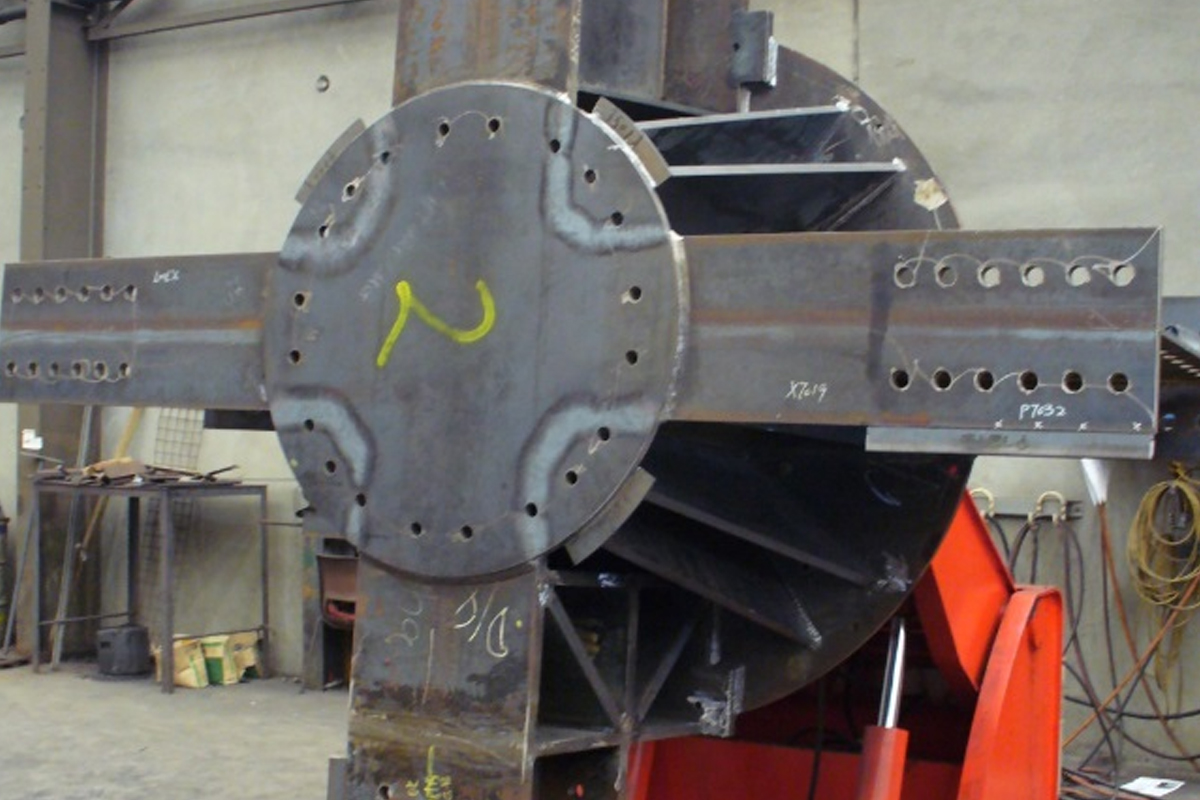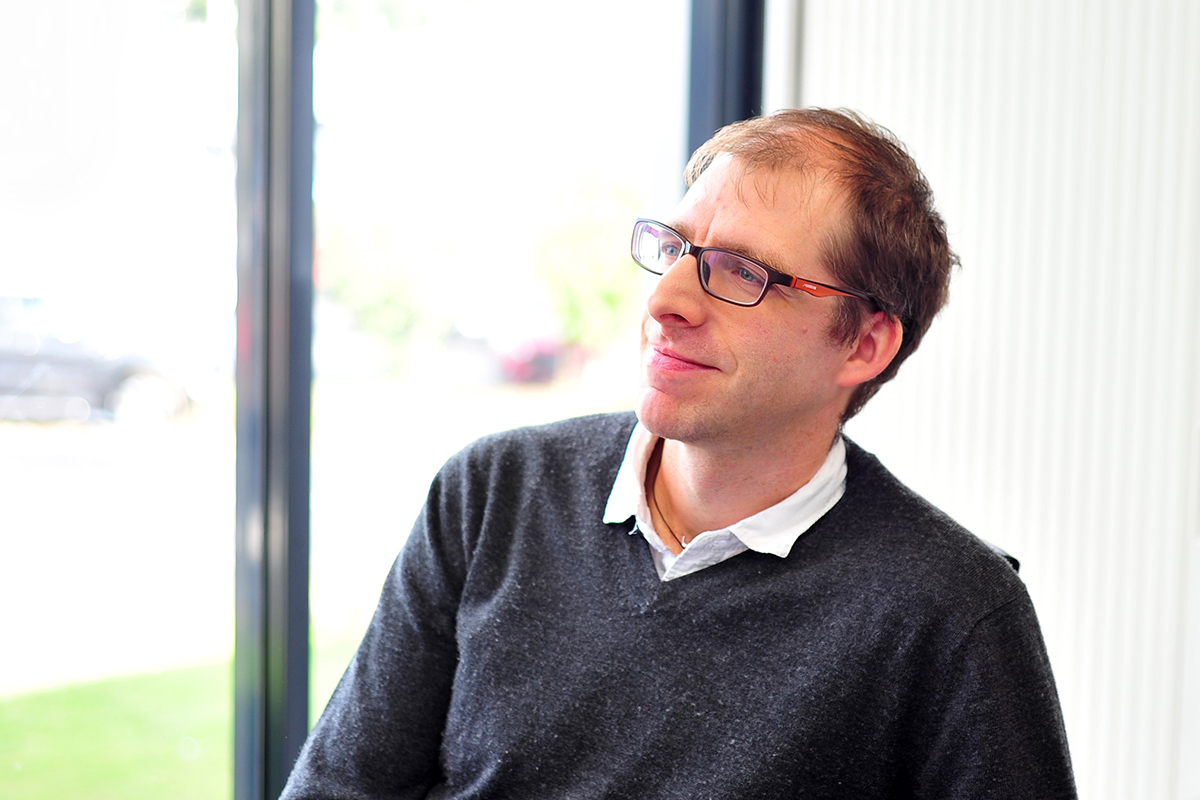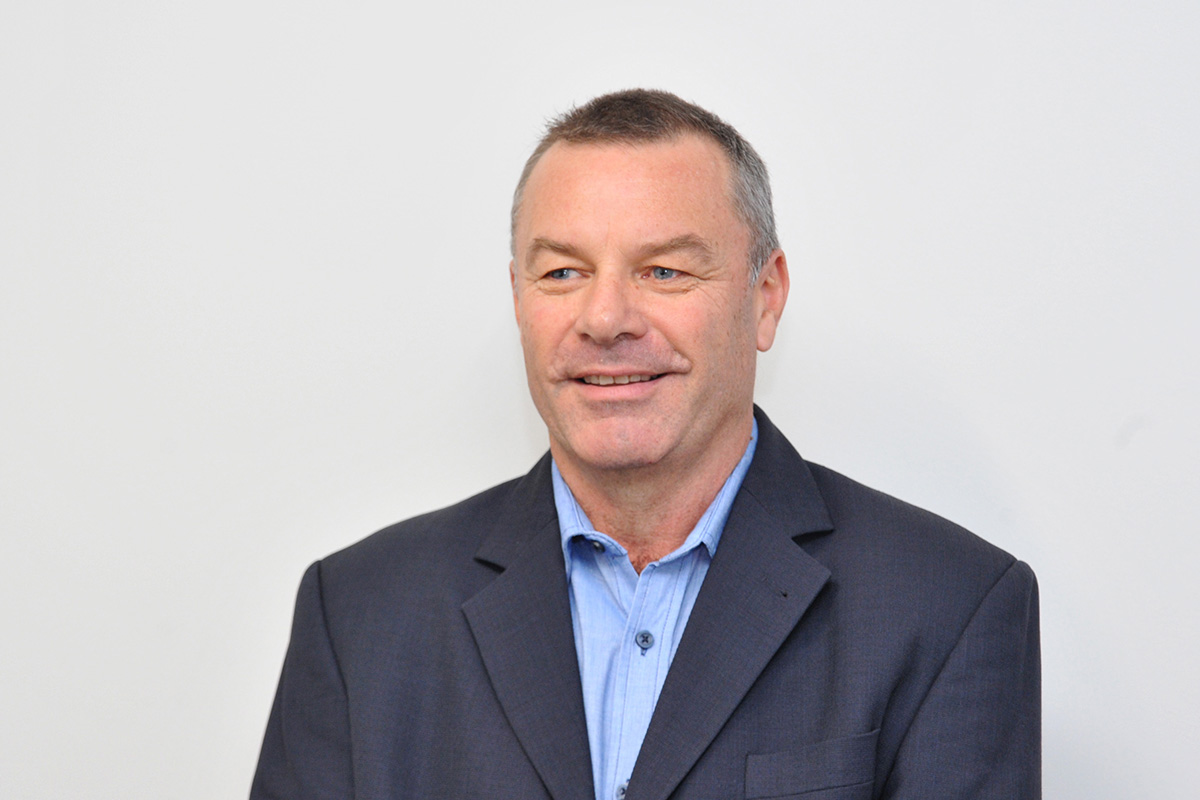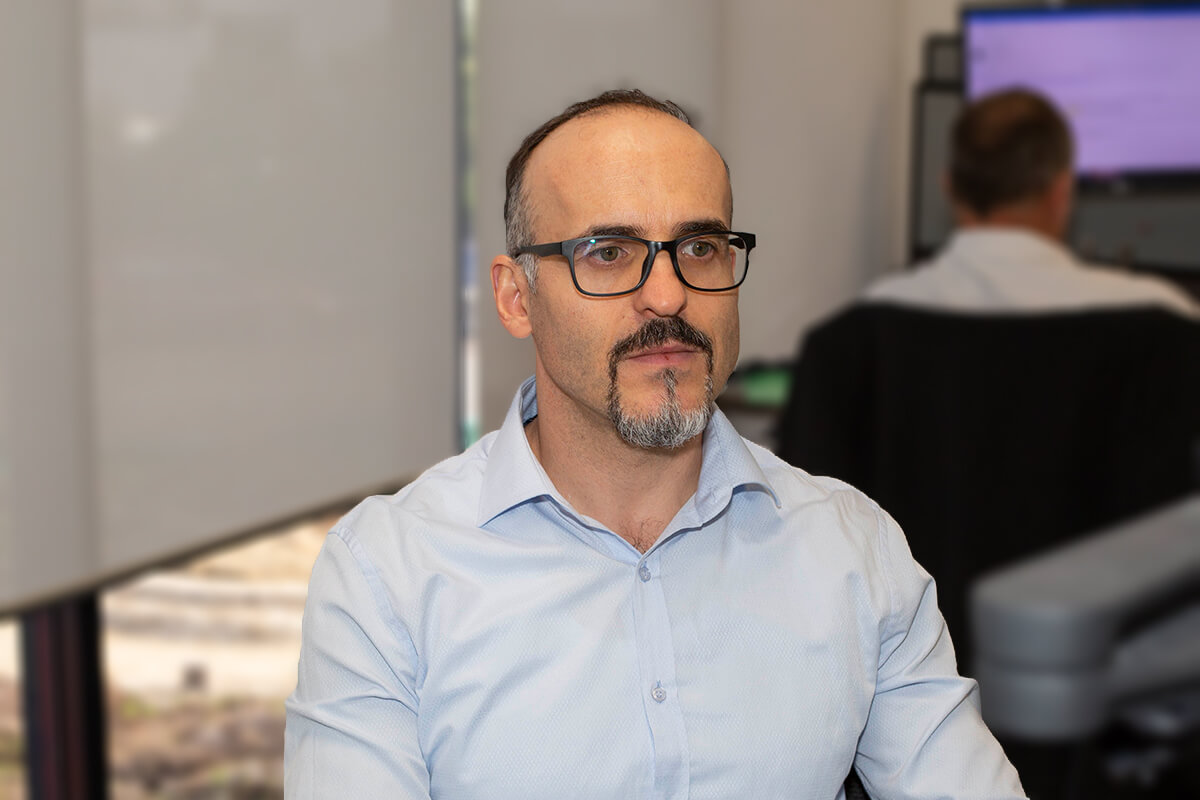Welding is a core enabling technology for our heavy engineering and steel industry. It plays a key role in the value added process.
That’s why continuous development of welding-fabrication technology and personnel plays a vital part in ensuring competitiveness of our industry as a whole.
Welding technology is used across almost all industries when metallic parts and components need to be joined. It’s utilised for a wide range of applications from micro-joining of medical devices to electronics and household goods and on a larger scale – transport infrastructure, seismic construction, pressure equipment and pipelines.
Our Welding Centre team is committed in supporting our members operating in this space, providing technical advice, targeted research, and internationally recognised training and qualifications they can trust.
Welding fabrication is a critical part of structurally sound infrastructure
Part of our focus is ensuring we support our fabricator members and engineers with the best welding advice possible so they can confidently meet project challenges for their clients.
From start to finish, welding delivers technical solutions across the life cycle of a product. It requires an expertise in a variety of fields such as metallurgy, design, fracture mechanics, fabrication, quality and inspection. During the management and maintenance stages welding also comes into focus – from basic operations, to repair, decommissioning, recycling and risk evaluation of environmental conditions. Our Welding Centre meets industry needs by retaining an in-house technical capability and technology transfer links with national and international experts.
Welding fabrication also taps in to a wide range of allied processes from brazing, to soldering, cutting, adhesive bonding, assembly, bolting and more. That’s why a part of our technical services and training also covers areas like this, particularly if essential for structural steel fabrication to AS/NZS 5131.






